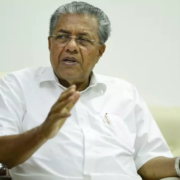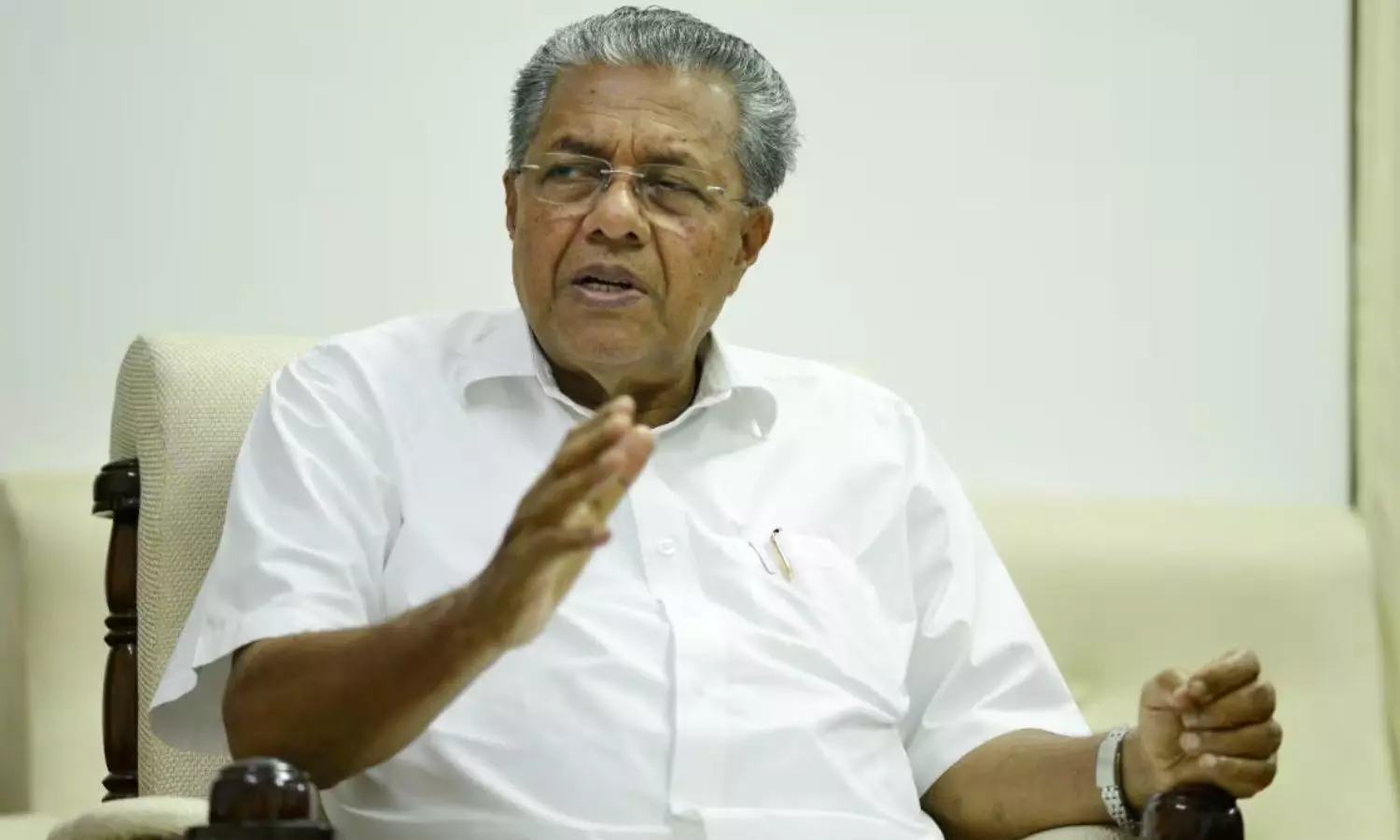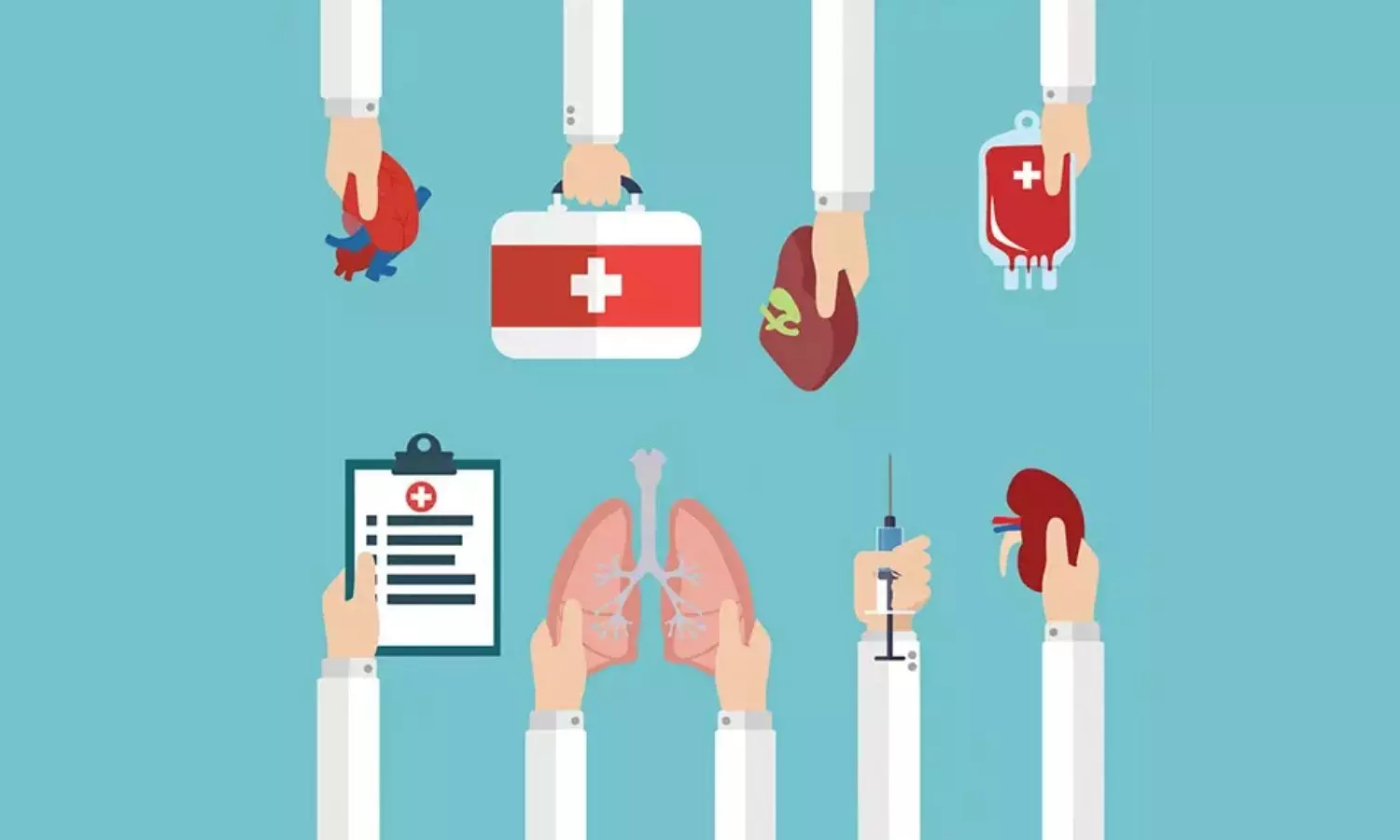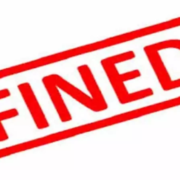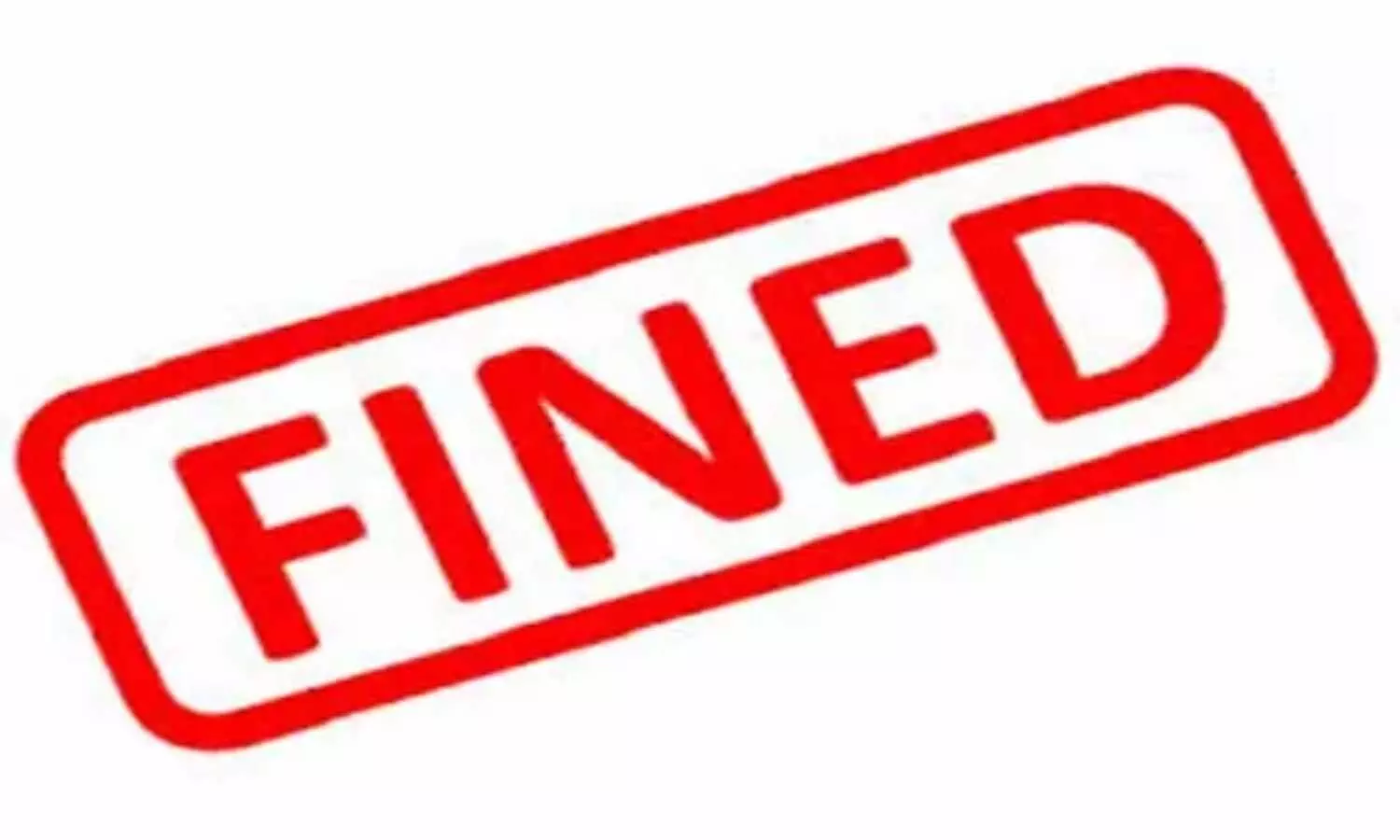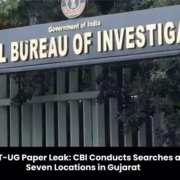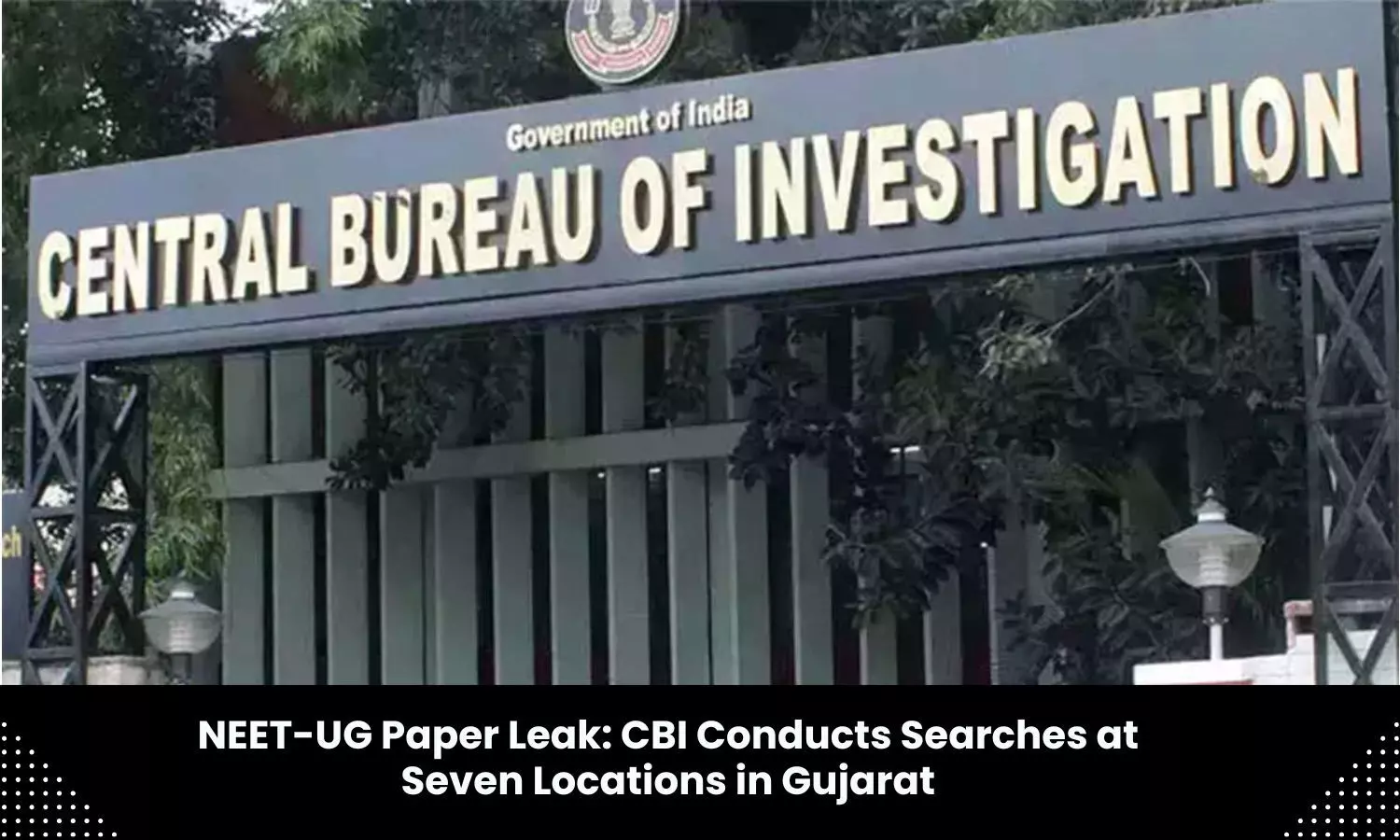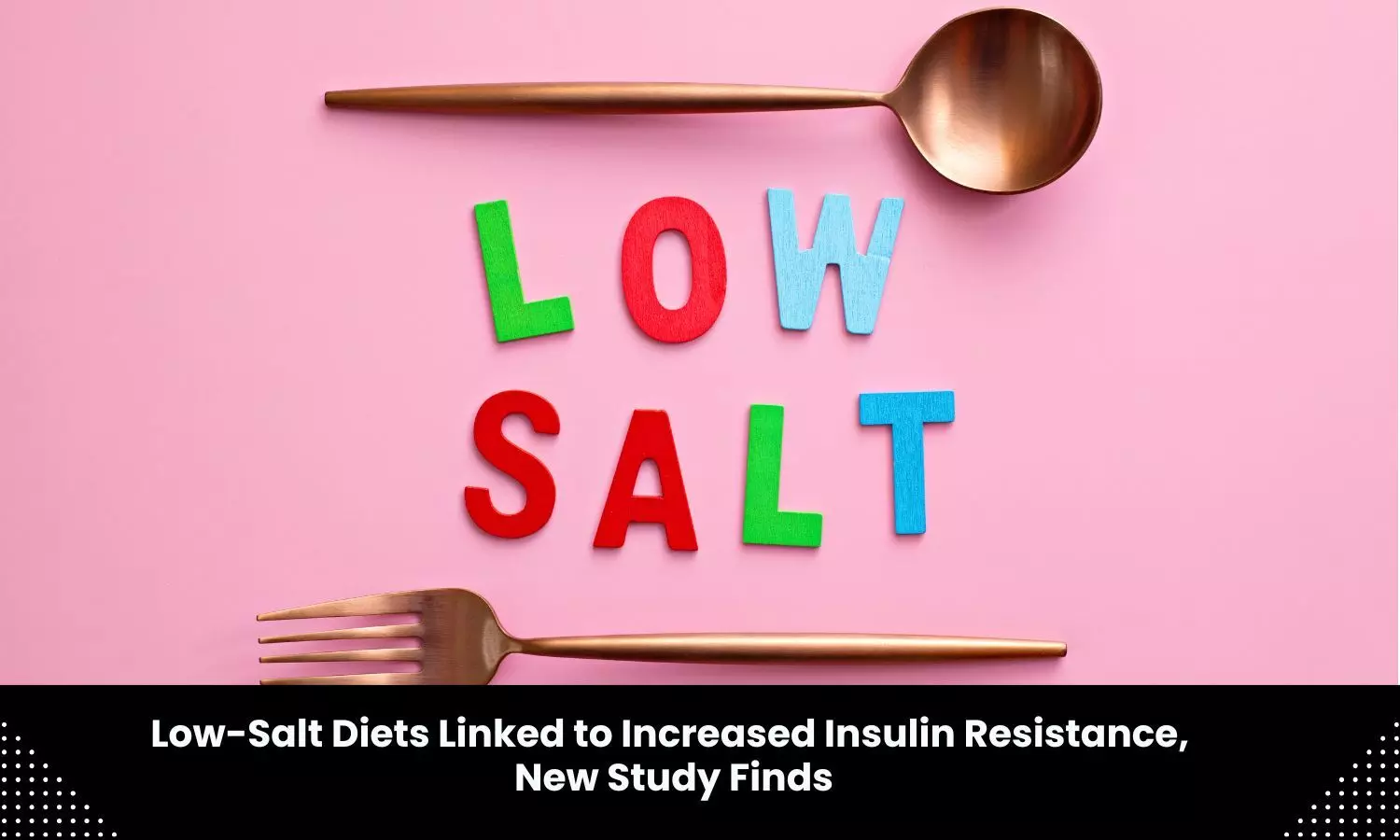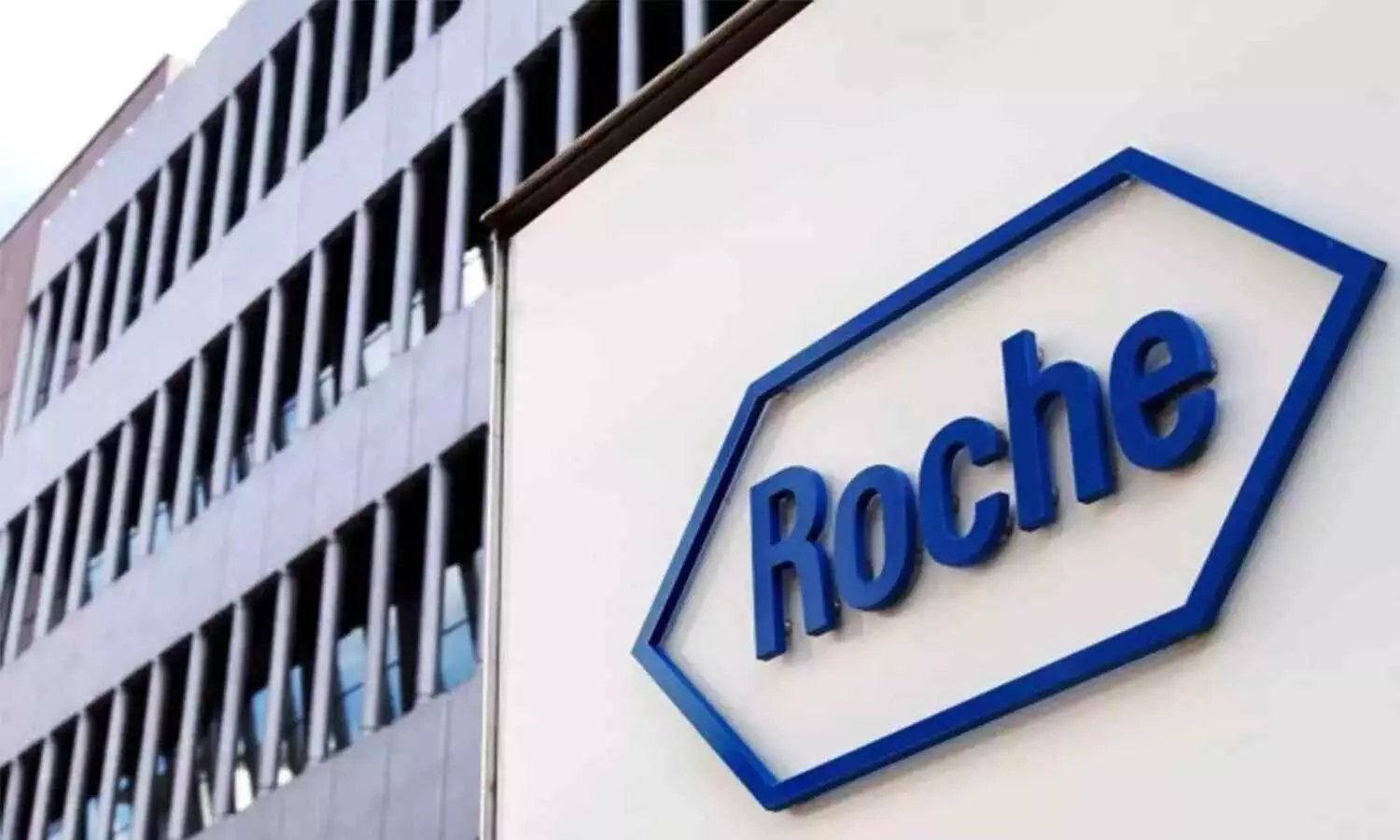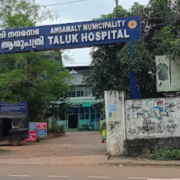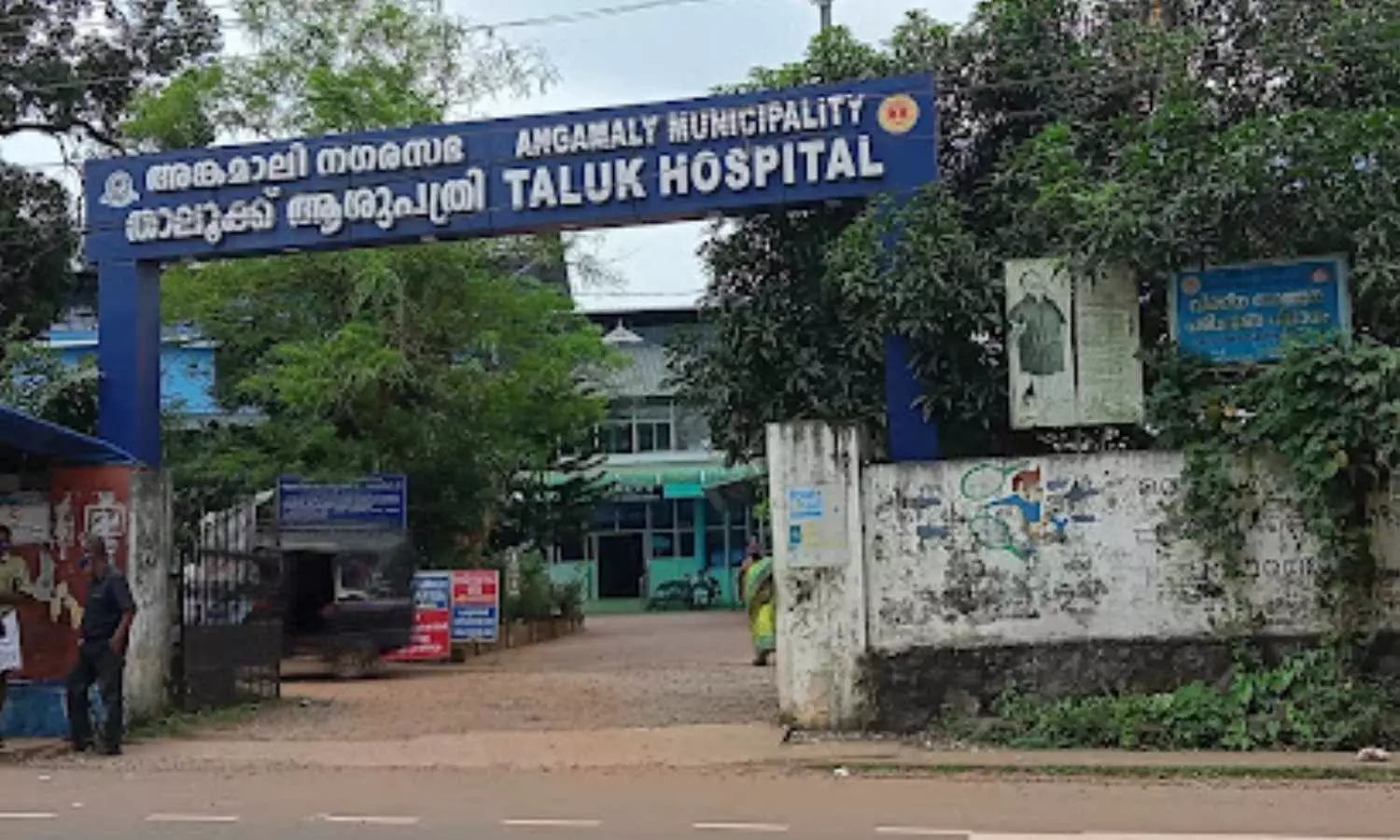81 Ahmedabad Hospitals delisted, AHNA issues legal notice to Tata AIG
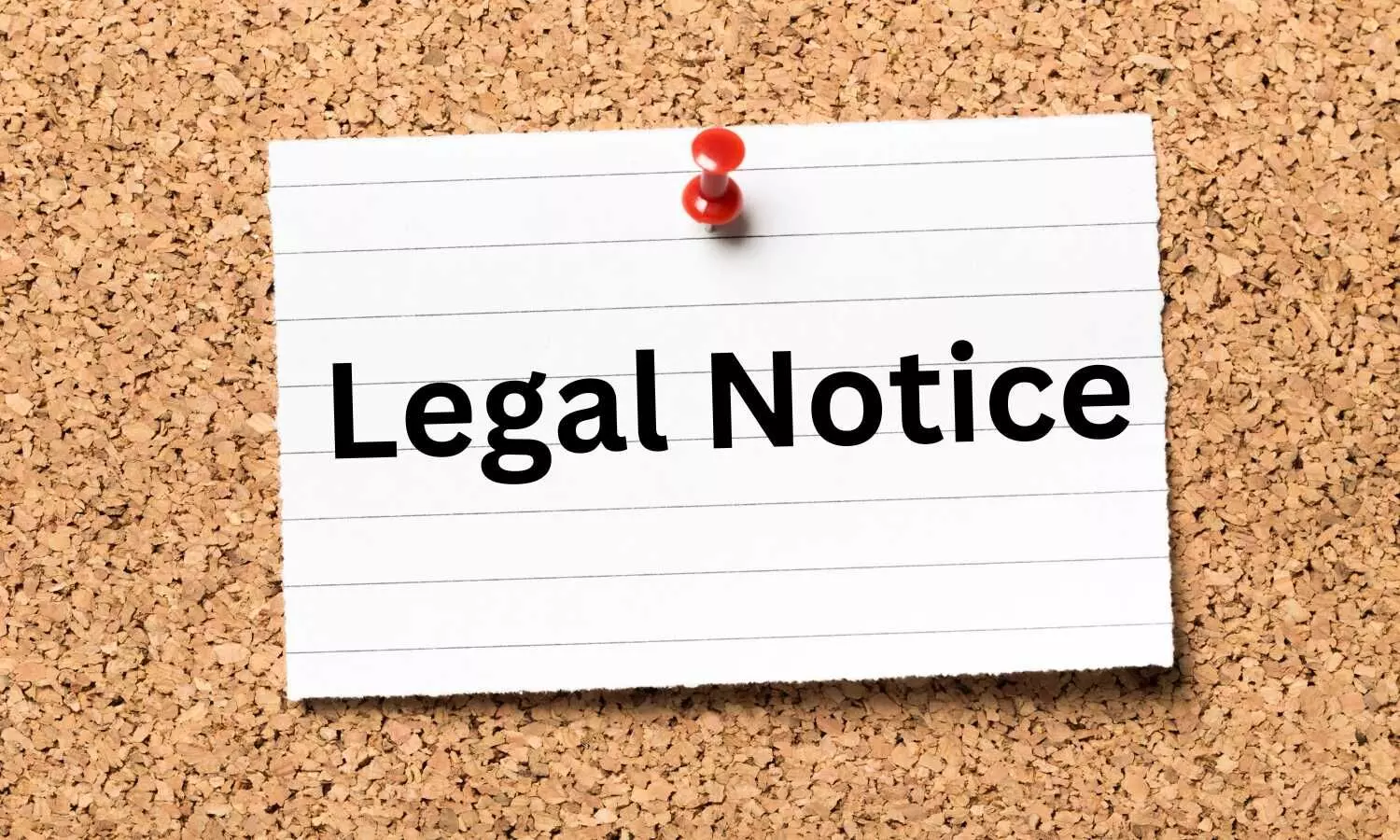
Ahmedabad: The Ahmedabad Hospitals and Nursing Homes Association (AHNA) has issued a legal notice to Tata AIG Gen Insurance Co for arbitrarily “delisting/excluding” 81 hospitals in the city without following the proper procedure.
The association has warned that if the insurer does not reverse the delisting decision, the association, which represents approximately 1,000 member hospitals, will initiate a boycott of Tata AIG General Insurance Co. This would result in the unavailability of cashless or reimbursement facilities for any Tata AIG policyholders starting from July 15th.
This comes after the insurance firm allegedly published the delisted hospital’s names on its website without giving any valid reasons or an opportunity for the delisted hospitals to defend themselves.
Also read- Apollo Cancer Centre Launches First Robotic And Stereotactic Therapy Education Centre
Earlier, a formal letter was sent but the insurance firm did not respond to the letter following which the association sent a legal notice in this regard. AHNA vice-president Dr Viren Shah termed the insurer’s move “against the principle of natural justice”.
As per The Indian Express news report, AHNA president Dr Bharat Gadhavi said, “When AHNA and hospital representatives tried to contact the insurance company officials, they gave irresponsible answers. A letter sent by AHNA did not elicit any response from Tata AIG Insurance and hence, it was decided to send a legal notice to the company. The list put up by Tata AIG has been replicated by some other private insurance companies as well and they, too, have kept these 81 hospitals in a ‘delisted/excluded’ list.”
Further, AHNA representatives informed that they have received complaints from patients and member hospitals that some of the insurers are informing their patients not to take treatment in hospitals having less than 15 beds. The association has decided to take legal action against such firms.
Also read- PCMC Fire Department Issues Notice To Private Hospitals On Fire Safety
Powered by WPeMatico






